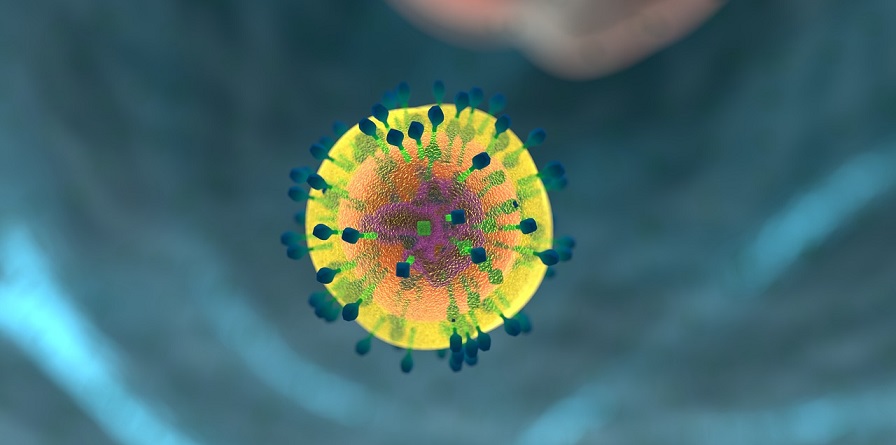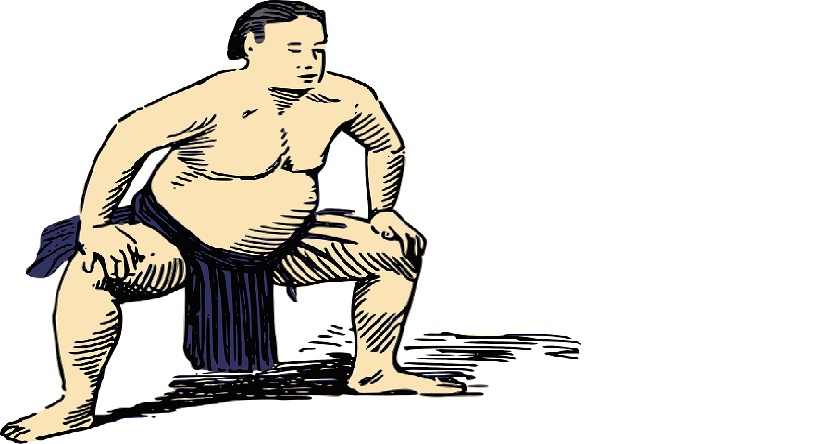Immunization is a process by which a person’s immune system becomes fortified or resistance to an infectious disease. Typically, by the administration of a vaccine; it stimulates the body’s own immune system to protect a person against subsequent infection or disease. It is the best way of controlling and eliminating life-threatening diseases.
It is one of the most important and cost effective health investment, as it is estimated to avert between 2 to 3 million deaths each year. When this system is exposed to molecules, it will orchestrate an immune response and will also develop the ability to quickly respond to a subsequent encounter because of immunological memory.
The T cells, B cells and the antibodies -B cells are the most important elements of the immune systems that are produced and improved by immunization process. Instead of production of these elements by the body itself, the passive immunization is a direct introduction of these elements into the body. Vaccination is the most common technique of this procedure. However, it is also done through various other techniques. This process is less risky and an easier way to become immune to a particular disease. To get protection from several diseases, it is important for both adults and children.
Through this process, some serious diseases have almost completely been eradicated throughout the United States and the world. Polio is an excellent example of that, as it has been completely eliminated in the united states. Therefore, Active immunization has been named one of the “Ten Great Public Health Achievements in the 20th century”.









